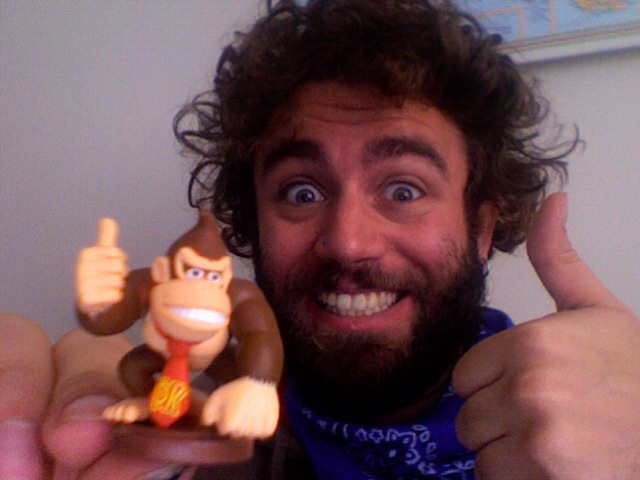There’s a new kind of fear rearing its head these days.
Actually, that’s not completely true. The fear has been around for…well, forever. But the acronym that describes it is new.
Actually, that might not even be completely true. But I just recently learned about it, so it’s new to me. And it’s really important.
It’s FOPO. Fear of Other People’s Opinions.
Now FOPO is not to be confused with its distant cousin FOMO, which describes a different kind of fear (and which we discussed a while ago).
FOPO is different. Some, like me, say it’s dangerous.
Don’t think FOPO is a problem for you? Stick with me.
FOPO is insidious and pervasive. Once you start paying attention – really paying attention – you might find yourself super surprised at how much other people’s opinions (or anticipated opinions) slither and wind their way around your thoughts and choices.
Why?
Because ultimately – and I don’t care who you are – you want to be liked. We all want to be liked.
Heck, there’s a universal sign in our social media – and real life – that was designed to clearly indicate when we’re liked.
Or not.

We want people’s opinions about us to fall on the good side. The smart side. The attractive side. The got-it-together side.
Just some of the areas where FOPO might be hiding in the background (or yelling in the foreground) and influencing our decisions on a given day are:
- The outfit we choose
- The food we eat
- The way we act at work…and go about our work
- Our Facebook, Instagram, Twitter, or YouTube posts
- Our exercise decisions
- Whether we use an Apple or an Android or nothing
- Who we bring into our circles…and who we keep out
- How we speak and write to others
- The places we live, traveling we do, cars we drive, hobbies we engage in…
…the blog posts we write.
That’s right. I’ve got FOPO going on right now. As I write these very words, I want you to like them.
I also, by the way, want you to like my books and my presentations and my MagicWrap project. (I actually really, really want you to like my MagicWrap project.)
Your opinion matters. Of course it does. FOPO is quite natural to us humans.
After all, our earliest selves evolved in groups where people relied on each other for food and warmth and life. Get banished from our group and we could die.
And while the approval stakes might not be quite so high anymore, they still exist. Which isn’t necessarily a problem.
Even making decisions based on other people’s (anticipated) opinions isn’t a problem…when it jibes with who we are. When it influences us somewhat but doesn’t take us away from our true selves.
The problem comes when FOPO causes us to make decisions that go against our own authentic grains. To stray away from what and how we really want to be and do and wear and talk because other people’s opinions eclipse everything else.
The scary message, when we let this happen, is that what other people think of us doesn’t just matter…but that it matters way more than what we think of ourselves. It means that what we want isn’t that important. That we don’t trust ourselves to go through life the right way without confirmation from others. Which is SO sad and terrible.
Plus, not being true to who we are feels gross. We feel uncomfortable in our own skin. We become sad and itchy and angry as our true selves – our best selves – try to emerge and are held back.
We might become inauthentic. Fake. Which not only feels terrible but is also completely transparent to everybody else.
Think about when you’ve made a choice that didn’t suit you – a job or a friendship or a hobby or an outfit. Maybe it was something you outgrew but stayed in because of FOPO.
How did it feel? How did you feel?
Beware of FOPO. Not because the fear itself is wrong, but because it could lead you to live a life you don’t want to live. To be someone you don’t want to be. To dishonor the awesome individual you are.
Beware of FOPO. Recognize it, then have the courage – the courage – to make decisions that are true to you anyway. To know that you might still crave approval, but to not allow it to be everything.
Let your best self emerge. Let those who appreciate it come along for the ride.
Wear the outfit that you love best, find the work you like best. Write and speak and sing and post to social media in a way that’s true to you.
Write a blog post that’s true to you.
Even if other people don’t like it.
(Though I still hope you do. And that’s okay.)

PS: Thanks to Travis Rigel Lukas Hornung for the thumbs down shot, and to Ben Brown for the eerily familiar-faced thumbs up shot.


